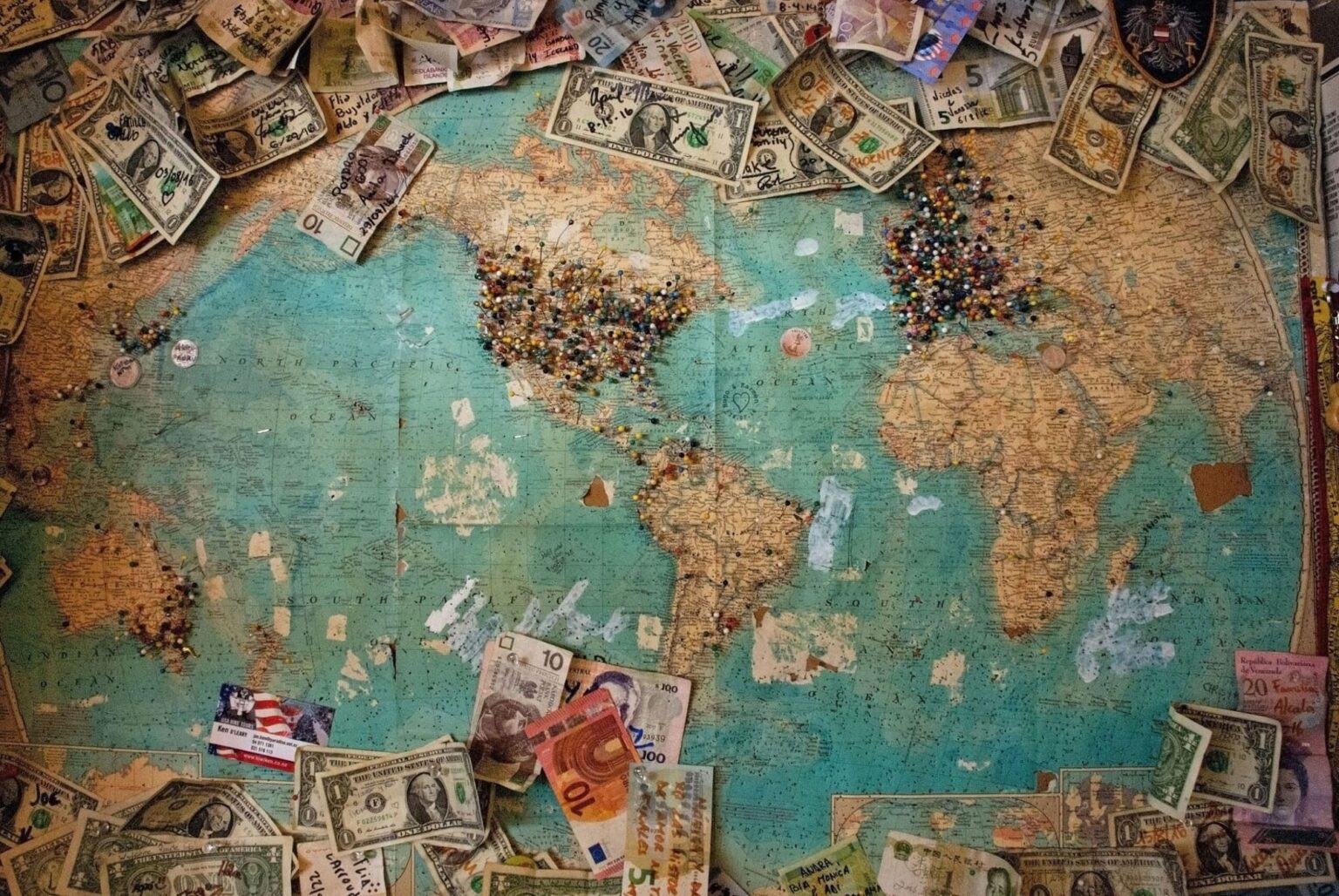November 13, 2024- Have you ever thought about what foreign investment really does for a country? Sure, there’s been plenty of debate about African countries investing more abroad than at home. But when foreign investments flow into Africa, it’s a game-changer.
Some African nations are making bold moves and building reputations, using these investments to build their full potential. In 2024, a select few African countries are leading the charge in foreign direct investment (FDI), pulling in billions by leveraging unique resources, strategic positions, and government support to make investing easier.
With each passing year, more investors are drawn to Africa, captivated by its rich resources, expanding markets, and the potential for significant returns. Sectors like mining, technology, agriculture, and energy are booming, creating fresh opportunities and fueling the continent’s economic future. Let’s explore the real impact of foreign investment on African economies and discover which countries are taking the lead in this transformative journey, based on the latest data from 2023-2024 by the United Nations Conference on Trade and Development (UNCTAD).
10. Democratic Republic of the Congo (DRC)

The Democratic Republic of the Congo (DRC) secured $1.635 billion in Foreign Direct Investment (FDI), placing it tenth on the list. The DRC is increasingly seen as an investment hotspot, thanks to its vast mineral resources, including copper and cobalt, which are crucial to global supply chains. While challenges like infrastructure deficits and political instability continue to pose hurdles, the government’s recent efforts to improve the investment climate are beginning to show results. As a result, international interest, especially in the mining sector, is steadily increasing, signaling a promising future for the country.
9. Côte d’Ivoire
Côte d’Ivoire attracted $1.753 billion in FDI, marking its strong position as a leading economic player in West Africa. The country has long relied on agriculture, particularly cocoa, as a major economic pillar. However, recent trends in FDI reflect a shift toward infrastructure and industrial development, as the government works to diversify its economy. This strategic move not only reduces dependence on agriculture but also opens up new sectors for investment, showcasing the country’s growing potential across various industries.
8. Nigeria
Nigeria secured $1.873 billion in FDI, despite a slight dip in investment compared to previous years. Nigeria’s vast market, driven by its population of over 200 million, remains a powerful draw for investors. Although oil and gas continue to dominate the country’s FDI landscape, Nigeria’s tech sector is becoming a focal point, with venture capital and tech companies increasingly drawn to its expanding digital economy. As infrastructure and regulatory reforms continue, Nigeria’s investment landscape is evolving, creating exciting opportunities for future growth.
7. Namibia
With $2.345 billion in FDI, Namibia stands out as one of Southern Africa’s top investment destinations. The country’s mining sector, particularly uranium production, continues to attract substantial foreign interest.
Namibia’s political stability, combined with its strategic location and well-developed Atlantic ports, also make it a prime choice for investors in energy, logistics, and infrastructure. These advantages are laying the foundation for Namibia to become a key player in the region’s long-term economic development.
6. Mozambique
Mozambique recorded $2.509 billion in FDI, largely driven by its thriving natural gas sector. The country’s liquefied natural gas (LNG) projects have caught the attention of international companies eager to tap into its vast reserves. Although regional instability poses challenges, Mozambique’s ongoing economic reforms and infrastructure improvements are reinforcing investor confidence, positioning the country as an important energy hub on the continent.
5. Senegal
Senegal attracted $2.641 billion in FDI, solidifying its role as a West African leader in foreign investment. The country’s Emerging Senegal Plan focuses on diversifying the economy and implementing structural reforms, making it an attractive destination for investors across sectors such as telecommunications, tourism, and energy. The government’s emphasis on infrastructure, including the development of the Dakar-Diamniadio toll highway, further enhances Senegal’s appeal, positioning it as a growing force in Africa’s investment landscape.
4. Uganda
Uganda secured $2.886 billion in FDI, reflecting its increasing economic attractiveness. The country’s stable growth, combined with its strategic investments in energy, especially hydropower and oil, has drawn significant foreign interest. Additionally, Uganda’s agricultural sector continues to receive international support, with development projects aimed at boosting production and creating jobs. These efforts are contributing to economic stability, making Uganda a key destination for investors looking to capitalize on its potential.
3. Ethiopia
Attracting $3.263 billion in FDI, Ethiopia remains one of Africa’s fastest-growing economies. The country’s industrial parks and manufacturing sector are key draws for multinational companies, particularly in the textile and garment industries, where government policies and favorable investment conditions are helping businesses thrive. Ethiopia’s large workforce, combined with its strategic location in East Africa, makes it an ideal base for companies seeking to expand across the region and beyond.
2. South Africa
South Africa secured $5.2 billion in FDI, maintaining its status as a leading destination for investment in Africa. The country’s diversified economy, which spans mining, finance, and technology, continues to attract global investors. Although FDI figures have dropped in recent years, South Africa remains a key player in sectors like renewable energy, pharmaceuticals, and telecommunications. These industries are driving South Africa’s economic modernization, positioning it as a central hub for both regional and international investors.
1. Egypt
Egypt leads Africa with a remarkable $9.841 billion in FDI. Despite global economic uncertainty, Egypt remains a preferred investment destination, thanks to its strategic location, well-established infrastructure, and investor-friendly policies. The government’s focus on renewable energy, real estate, and tourism has attracted significant foreign interest. Additionally, Egypt’s development of the Suez Canal Economic Zone further enhances its role as a global trade hub, ensuring its place at the forefront of Africa’s economic landscape.
https://www.africanexponent.com/top-10-african-countries-with-the-most-foreign-investment-from-in-2024/


